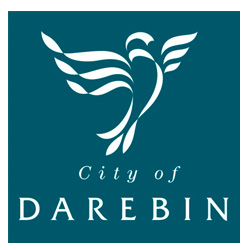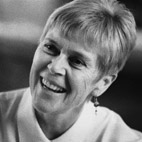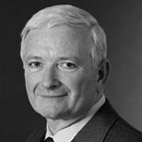The Darebin City Council established an infrastructure fund and made a commitment to consult with the community to determine what this fund would be used for. Council decided to use a Citizens’ Jury process to get advice on how this money ($2m in 2014 – 2016) should be spent. The Council determined to accept the...
Safer Sydney: Citizens’ jury unites to tackle violence on the streets
By Rachel Browne, Social Affairs Reporter. Sydney Morning Herald. It is a problem politicians and experts from law enforcement, the health sector and the community have failed to successfully tackle. Now 43 average citizens have been tasked with finding a way to reduce the violence on Sydney’s streets while maintaining the city’s vibrant nightlife. The...Continue reading
Submission to the Joint Standing Committee on Electoral Matters – Review of the 2013 Federal Election
A bi-partisan committee of the House of Representatives in Federal Parliament conducts a review after every election. This review has been made more topical because of interest in the role of minor party preferences for the Senate and the lost votes in the WA Senate recount. The NDF submission focuses on the difficulty elected representatives...Continue reading
Improving Democracy Through Deliberation – Interview with Lyn Carson
Posted November 29, 2013 by Marcin Gerwin (in Polish) on Krytykapolityczna.pl This is the English Transcribed Interview. Lyn Carson is a professor with the Business Programs Unit at the University of Sydney, Australia. Her research areas are community engagement and deliberative democracy. She is also a director of NewDemocracy Foundation. Marcin Gerwin: There are many...Continue reading
What is newDemocracy?
By Geoff Gallop Lecture at the Bob Hawke Prime Ministerial Centre, Adelaide Wednesday 20 November 2013 My aim tonight is to advocate for political reform but not before analysing why I believe it to be important. I want to encourage you all to learn about and encourage your politicians to learn about a whole range of democratic initiatives that go beyond our normal consultations, that can be more representative of ‘the people’ and which work harder at ensuring our focus is on deliberating for the public interest. I want you to start to think about the concepts of empowerment, random selection, and deliberation. in doing this I want you to reflect with me on the issue of how we imagine our democracy and how we actually operate it. What is going on in politics and how is it affecting governments today? Are there things we can do to make our system work better? I’m particularly interested in the 552 governments that operate throughout Australia – the Commonwealth, the States and Territories and our Local Authorities. None of these governments can operate without constraint but they do have degrees of executivepower and the responsibility to give leadership to their communities. Full Lecture Text Continue reading
IPAA NSW 2014 Spann Oration Delivered by The Hon Nick Greiner AC
14 November 2013 I recall that when I spoke to what was then called RAIPA as Premier I suggested, with my normal tact, that for a variety of gender and constitutional reasons it would be a good idea to drop the “R” and I am pleased that this initiative has no doubt long since occurred....
The Australian Citizens’ Parliament and the Future of Deliberative Democracy
Edited by Lyn Carson, John Gastil, Janette Hartz-Karp, and Ron Lubensky Growing numbers of scholars, practitioners, politicians, and citizens recognize the value of deliberative civic engagement processes that enable citizens and governments to come together in public spaces and engage in constructive dialogue, informed discussion, and decisive deliberation. This book seeks to fill a gap...Continue reading
The 43rd Parliament: Traits and Trends
RESEARCH PAPER, 2013–14 2 October 2013 A short statistical analysis of the people who form our Parliament by educational, occupational and demographic background. Full Research Paper
Accidental Politicians: How Randomly Selected Legislators Can Improve Parliament Efficiency (2011)
Mathematical research indicates that parliaments work best when some, though not all, members are chosen at random Marc AbrahamsThe Guardian, Tuesday 17 April 2012 Democracies would be better off if they chose some of their politicians at random. That’s the word, mathematically obtained, from a team of Italian physicists, economists, and political analysts. The team...Continue reading




